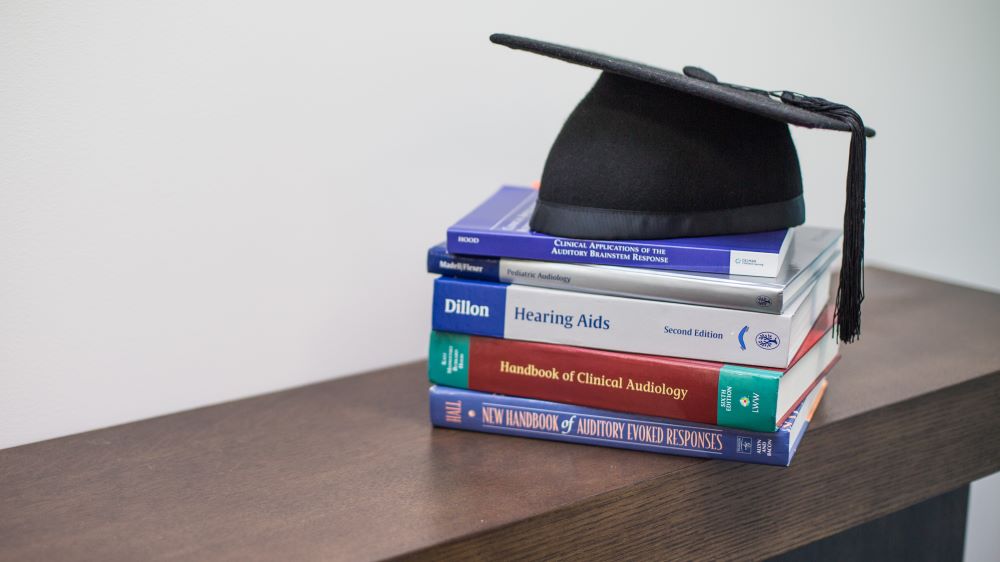I have been thinking a lot about the recent changes in our profession. When I studied at Macquarie University, our masters degree focused on; ‘prevention, diagnosis and management of hearing loss and associated communication difficulties in adults and children’. The degree was, in the respected words of Professor Catherine McMahon, (head of Audiology at Macquarie University) “rigorous and robust’. That was an understatement.😉 Catherine wrote an excellent article that appeared in ‘Nursing Review’ in 2017 addressing the ACCC report on the hearing industry and the recent commoditisation of hearing aids. In short, she notes:
“Hearing healthcare should not be in the consumer market. It should continue to reside in the healthcare arena, with more effective regulation over the industry. Maintaining beneficial communication across the lifespan should be a health priority, as good hearing is important for healthy aging and increases independence in our older population”
Permanent hearing loss is a lifespan hearing loss. Which is why I believe choosing your audiologist is an important decision. It’s a partnership. They will be taking care of you, getting to know you and your family, will understand your frustrations and rejoice in your success. I know both myself and my colleague were committed to our masters study, rigorous and robust as it was, because we wanted to make a difference in people’s lives. We wanted to participate in what we believed was a profession of value and care. Which is precisely why I started my clinic. It enables us to provide the type of client focused rehabilitation care that we know helps our clients achieve best outcomes and changes lives. We know this because our clients tell us so.
This brings me to my point about hearing aids becoming a commodity purchase. I understand that you need to be educated on what technology is appropriate and of course price is part of the decision. I just want you to consider that it should not be the only factor when deciding who will be taking care of your hearing health across your lifespan. I agree with the informed voice of Prof. McMahon. She writes that “hearing devices only solve part of a client’s communication problems. Their audiologist also addresses the potential psychosocial impacts of hearing decline, which can affect social and family relationships as well as a change in the client’s identity”. It’s hard to put a price on the value of good rehabilitation and counselling but it’s worth considering.
Thanks for listening 🤔
Karen Greenhalgh (Director and Clinical Audiologist)

